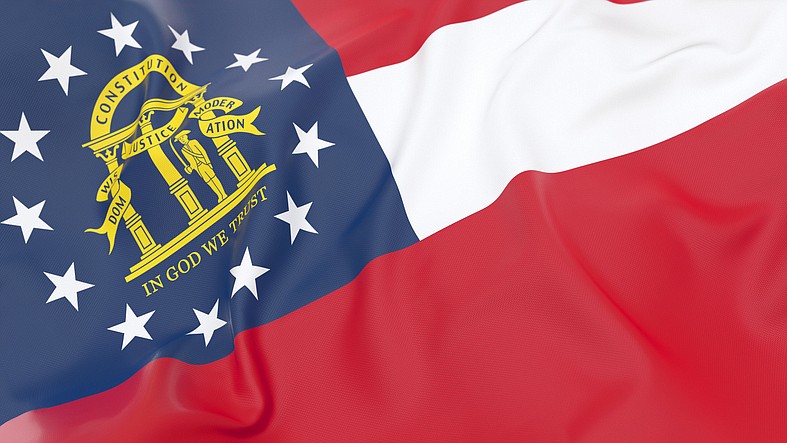A University of Georgia mapping program is helping determine how many rural households in Northwest Georgia are not served by broadband -- on a house-by-house basis.
This week, Gov. Brian Kemp announced another $240 million competitive grant program through the state's Office of Planning and Budget. Funded by the federal American Rescue Plan Act, the grant program follows a $400 million broadband investment announced by the governor's office in February.
"Whether you own a small business in rural Georgia, run a farm that utilizes precision agriculture technology or have children that need to do their homework, the expansion of high-speed internet impacts all Georgians," Kemp said in a news release from earlier this week.
(READ MORE: Georgia to use $240 million more in federal cash to build broadband)
In February, Walker County won a $6.2 million grant from the state to expand broadband access, matched with a $5 million investment from Windstream, a private company. Also in February, a telecommunications company in Dade County won a $6.5 million state grant to expand broadband access there.
Shannon Whitfield, chairman of the Walker County Board of Commissioners, said based on population density, terrain and existing infrastructure, bringing broadband internet to rural southern Walker County would not have been "economically feasible" without the state funded program.
The new mapping program found far more Georgians were without broadband than previously thought. The Federal Communications Commission considered a census block served if only one address had access to broadband internet, according to a news release from the University of Georgia. The new map from the university's Carl Vinson Institute of Government, introduced in 2020, identifies unserved and undeserved Georgians down to the individual address.
Previous broadband access maps created by the FCC weren't "granular enough for us to make good decisions with," said Eric McRae, associate director of the Information Technology Outreach Service for the University of Georgia, sitting at his computer in an online video. "But once we went through and did the process in Georgia where we determined which areas were served and unserved, we saw a stark change in the state of Georgia."
Estimates from the Vinson Institute show a 10% difference between the Institute's map and the FCC map -- finding over 1 million people who were previously thought to have broadband access.
Early estimates from the Vinson Institute in a news release show in 2022, 4.9 million Georgia locations are considered served by high-speed internet, with about 455,000 still unserved. When the American Rescue Plan Act and other federal grant projects are expected to be completed by 2026, state data projects only 205,000 locations will remain unserved.
"It's really going to make a huge impact," Jessica Simmons, deputy chief information officer for broadband and special projects at the Georgia Technology Authority, said in the university news release.
For location data, the Vinson Institute used commercially available information, county tax appraiser parcel data, United States Postal Service address data, Microsoft building rooftop data and electricity meter location information.
Service data from 44 internet service providers was coordinated by the institute's team and checked against the state's master address file. The findings were then brought back to providers for correction and confirmation, the release said.
McRae said the mapping work puts Georgia on the "national forefront" of broadband expansion.
"I think what it says is that having access to mapping scientists and data scientists from UGA basically put Georgia well ahead of the curve of other states because it allowed us access to this information like nobody else had," McRae said. "And so, basically, what it did is it just once again proved the whole purpose of the (UGA) land-grant mission."
Contact Andrew Wilkins at awilkins@timesfreepress.com or 423-757-6659. Follow him on Twitter @tweetatwilkins.
Broadband in Georgia
To see a map that shows broadband coverage throughout Georgia, visit bit.ly/UGAmap22.
